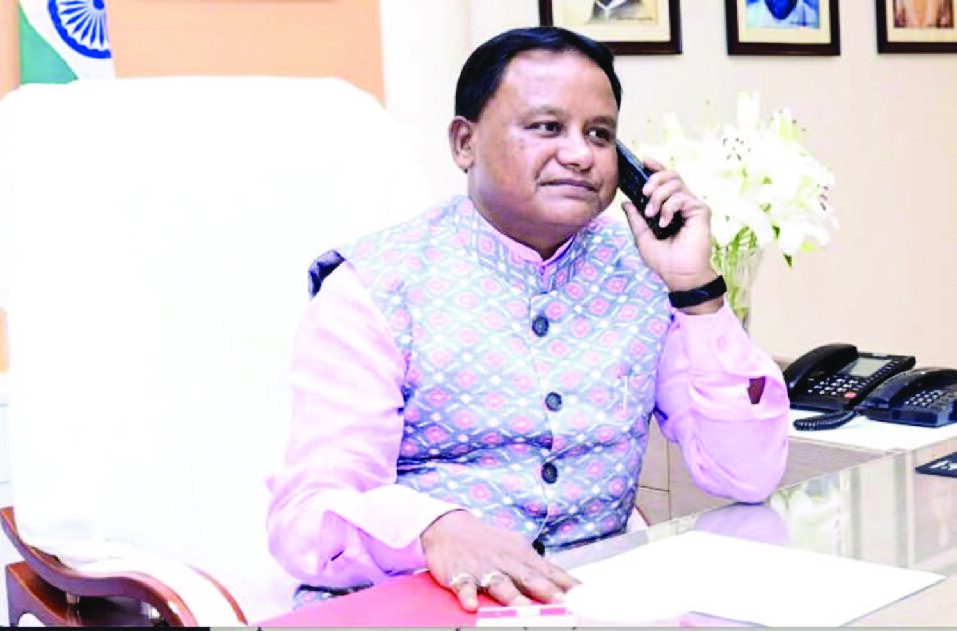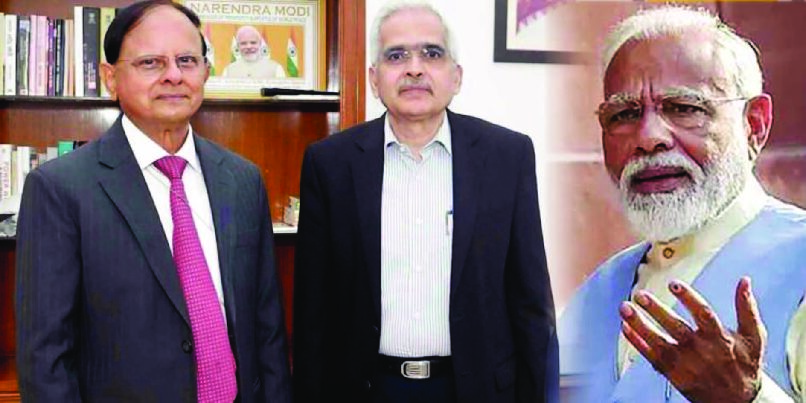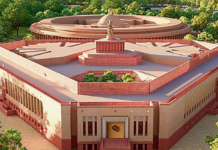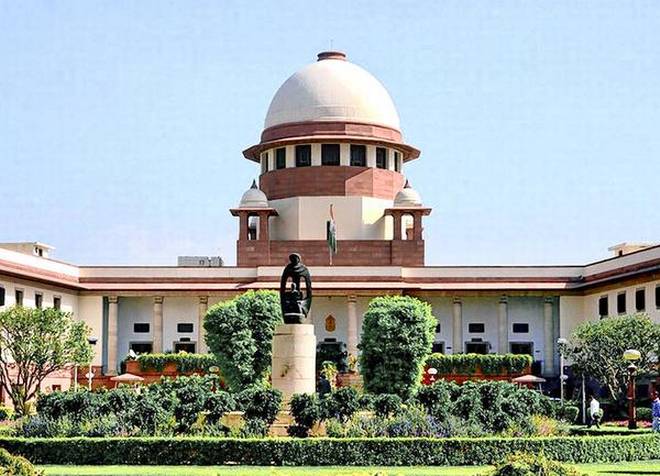Justice Dipak Misra set a record of sorts by delivering judgments on a series of high profile cases as part of different benches headed by him. It was not for the first time that such judgments were delivered ahead of the retirement of a chief justice of the Apex court. But the judgments had definitely far reaching consequences.
Justice Dipak Misra retires on October 2 after being the chief justice of the Supreme Court for 13 months.However, before retirement he set a record of sorts by delivering judgments on a series of high profile cases as part of different benches headed by him. It was not for the first time that such judgments were delivered ahead of the retirement of a chief justice of the Apex court. But the judgments had definitely far reaching consequences, especially in the cases relating to Aadhaar, adultery law and women’s entry to Sabarimala Temple in Kerala.
The case of Aadhaar, the biometric-based national identification programme vigorously pushed by the NDA government, was perhaps the most eagerly awaited judgment by a constitution bench led by Misra because social activists had challenged the programme’s constitutional validity and the 2016 law governing it. After completing a 38-day hearing over four months, the bench had reserved the order on May 10.
On September 26, the five-member bench declared Aadhaar to be constitutionally valid in a 4:1 verdict, though it put some conditions on its implementations. “It is better to be unique than to be the best…,” justice A.K. Sikri wrote in the verdict on behalf of chief justice Mishra, justice A.M. Kanwilkar and himself.
The bench made it mandatory to link Aadhaar with Permanent Account Number (PAN), used for filing income tax return and allowed delivery of subsidies and other government welfare scheme benefits. But at the same time, it did not allow the sharing of data with private companies, which had become a normal practice, by striking down Section 57 of the Aadhaar Act. As for the order, no private organisation, including banks and mobile phone companies, can demand an individual’s Aadhaar number.
Likewise, the verdict barred the schools from demanding Aadhaar number of a parent during a child’s admission saying that the child could not be denied the benefit of any scheme for want of an Aadhaar card. It also provide a big relief to students in higher education as it was no more mandatory for a student to provide Aadhaar number while registering or appearing in exams conducted by CBSE, UGC or any other education bodies. Dissenting judge Dhananjaya Y Chandrachud however said that Aadhaar had no constitutional validity and should be abolished completely. “The scheme of Aadhaar can reduce different constitutional identities into a single identity of a 12-digit number….Our quest for technology should not be oblivious to the country’s real problems: social exclusion, impoverishment and marginalisation…Dignity and rights of individuals cannot be based on algorithms of probabilities,” justice Chandrachud said. Justice Chandrachud’s judgment addresses the concerns of the social activists who have been pointing out exclusion of the poor from public distribution system and other government schemes due to lack of Aadhaar cards. There have been reports of alleged hunger deaths of many poor people resulting from denial of food grains for their failure to show Aadhaar cards. Many experts have hailed justice Chandrachud’s minority judgment and observe that it may be a “majority judgment” for a future generation of judges.
The judgment on the antiquated adultery law was another important decision by another five-judge constitution bench headed by Misra. The landmark judgment on September 27 decriminalised adultery by striking out Section 497 of the Indian Penal Code. The bench said that the very nature of the section was against the basic principle of Article 14 (equality of all citizens) and Article 15 (no discrimination on caste, religion, gender basis) of the Constitution.
The adultery law applied only to a man, who could be prosecuted for having an affair with a married woman without her husband’s consent. The married woman however was neither prosecuted nor regarded as an abettor. On the other hand, the law reduced the woman as a personal property of the husband as her consent was immaterial.
With the judgment, the bench ensures that no man would be prosecuted for committing adultery though it can be a basis for divorce. It also allows the woman to be her own independent self.
The third important case to be decided by the Supreme Court was the right of women to enter the famous Sabarimala Temple in Kerala. On September 28, another five-judge bench headed by chief justice Misra removed a ban on entry of women aged between 10 and 50 into the temple dedicated to Hindu deity Ayyappan, a symbol of eternal celibate. Chief justice Misra and justice A.M.Khandwilkar said devotion could not be subjected to gender discrimination, while justice Chandrachud said that religion could not be used as a cover to deny the women to right to worship. He added that treating women as children of lesser God was to “blink at the Constitution”. Justice Indu Malhotra, the only woman judge in the bench, however dissented saying that issues having a deep religious connotation should not be tinkered with in order to maintain a secular atmosphere in the country.








































